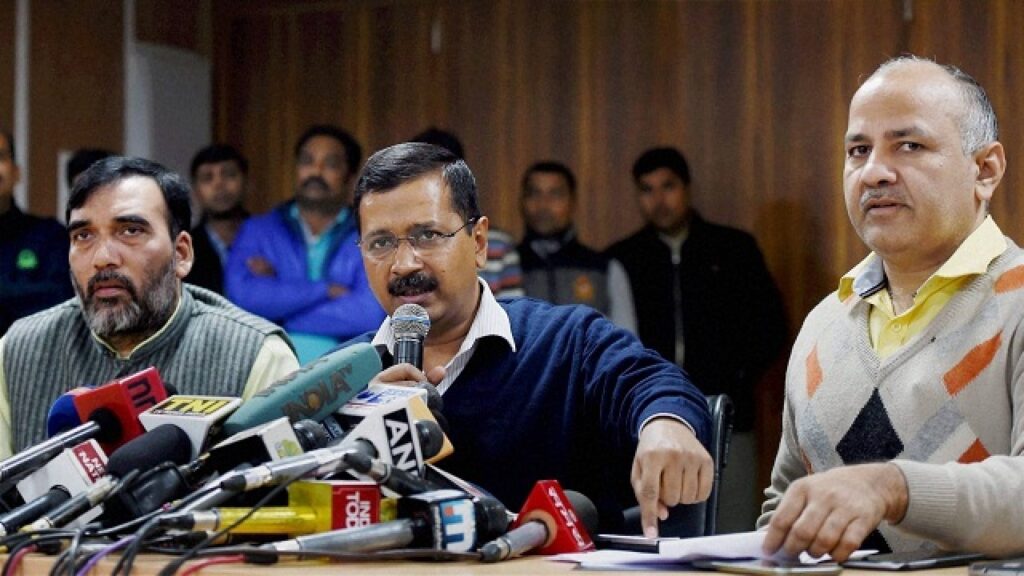Starting October 10, EVs will no longer be required to pay road tax or registration fees to ply in Delhi. The exemption will be affected under the Delhi EV policy, which aims to add 500,000 EVs to the city’s fleet by 2024, and could save customers up to ₹3,000 in registration fees and 4-10% of the vehicle’s cost in road taxes. The government is also keen to deposit the subsidies on EVs directly to customers’ bank accounts to avoid any delays in processing. Customers could receive up to ₹30,000 for two-wheelers and ₹1.5 lakh for electric cars.
However, the notification comes amidst reports that less than 10,000 electric two-wheelers were sold across the country due to disruptions brought on by the lockdown. Where six million (60 lakh) petrol two-wheelers were sold in the same period, the electric units only managed a total of 7,552 — a nearly 25% drop in sales year-on-year.
India successfully trial runs first hydrogen fuel cell car
India has successfully completed a trial run of its first hydrogen fuel cell-powered car that runs on PEM (Proton Exchange Membrane) technology and operates at 65-75° Celsius — making it suitable for on-road applications. The test bed was a five-seater battery-operated car retrofitted with a 10 kWe LT-PEMFC (low-temperature PEM) fuel cell stack developed by the Council of Scientific and Industrial Research (CSIR) and Pune’s KPIT Technologies. The technology is expected to be used more for the commercial freight segment because of fuel cells’ higher power to weight ratio.
Tesla may start selling cars in India in 2021
Tesla Motors has announced that it will start to sell its cars in India in 2021, with the process of placing custom orders commencing in January. The automaker is also in talks with the Karnataka state government to set up another gigafactory (the first is in Shanghai). However, its CEO Elon Musk has previously expressed dissatisfaction over India’s prohibitively high import duties — up to 100% — on completely-built units (CBUs), which could as much as double a car’s price and make it unaffordable for most customers.
France to unveil €1,000 subsidy on buying second-hand EVs
The French government will make available a €1,000 subsidy for anyone who wishes to purchase a second-hand EV, with absolutely no conditions attached. The amount may also be combined with the existing scrapping bonus of €2,500 that customers can avail when trading in their IC engined-vehicles. Previously, upfront subsidies were only applicable on new EV purchases, but the latest addition is part of the country’s economic recovery plan, under which it will also install 100,000 charging points (including 500, 150 kW fast chargers) at a cost of €100 million.
About The Author
You may also like
New report shows ways to build an efficient e-bus ecosystem in India
Corporate watchdog accuses Toyota of misleading marketing, greenwashing
Electrifying India’s Roads: Financing EVs – Challenges, Progress and the Road Ahead
Five lithium and cobalt mines identified in overseas exploration
India approves $7 billion plan for 10,000 electric buses in 169 cities in next 10 years


